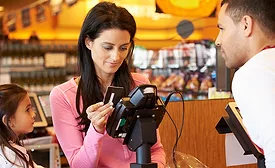Home » Keywords: » counterfeiting
Items Tagged with 'counterfeiting'
ARTICLES
Brad Minnis: Proactively Tackling Counterfeiting, Cyber and the Supply Chain
A Security 500 Thought Leader Profile
November 1, 2017
Sign-up to receive top management & result-driven techniques in the industry.
Join over 20,000+ industry leaders who receive our premium content.
SIGN UP TODAY!Copyright ©2026. All Rights Reserved BNP Media.
Design, CMS, Hosting & Web Development :: ePublishing




